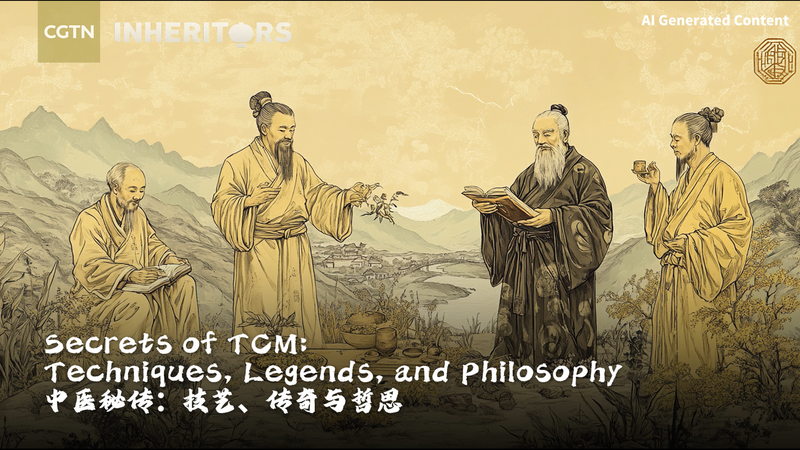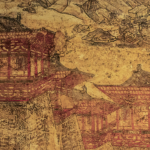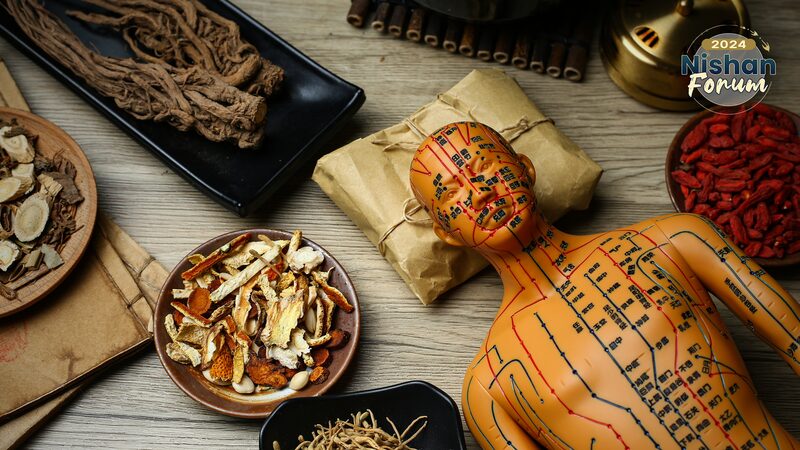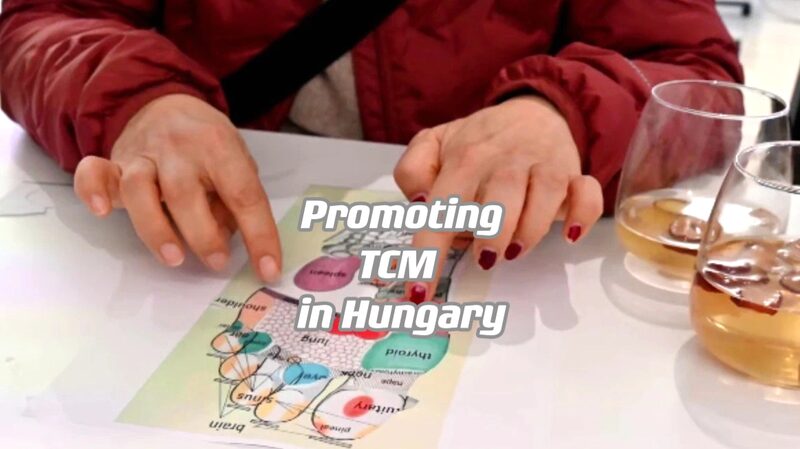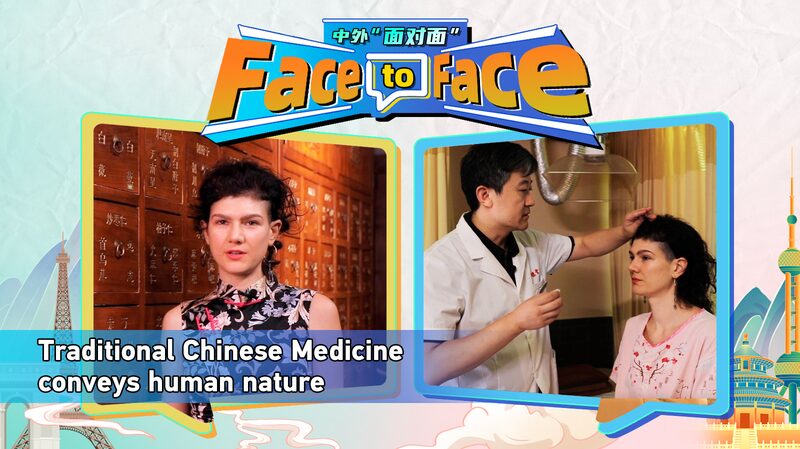From tasting poisonous herbs to performing ancient surgeries, the stories of Shennong, Bian Que, Hua Tuo, and Li Shizhen read like epic sagas – yet their contributions to traditional Chinese medicine (TCM) remain foundational to healthcare practices across Asia today.
The Herbal Trailblazer
Shennong, the 'Divine Farmer,' is said to have sampled 100 plants daily, documenting their medicinal properties in what became China's first pharmacopeia. His work laid the groundwork for TCM's plant-based remedies, emphasizing harmony between nature and human health.
Masters of Observation
Bian Que revolutionized diagnostics in the 5th century BCE, allegedly diagnosing illnesses through pulse readings alone. Hua Tuo later pioneered early surgical techniques, using herbal anesthesia for procedures considered impossible in his era.
The Encyclopedia of Balance
Li Shizhen's 16th-century Compendium of Materia Medica cataloged 1,892 substances, blending empirical observation with philosophical insights. This text remains required reading in TCM education worldwide.
These figures exemplify TCM's core principle: health as dynamic balance. Their legacy continues influencing modern integrative medicine, with the World Health Organization recognizing TCM's growing global role in primary healthcare systems.
Reference(s):
Legendary Healers: Shennong, Bian Que, Hua Tuo, and Li Shizhen
cgtn.com
